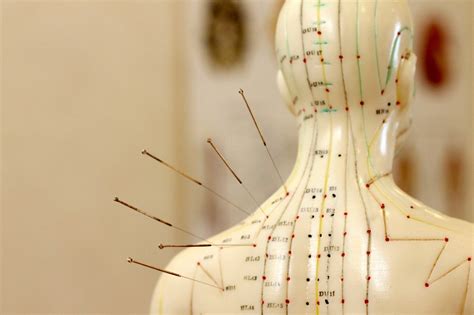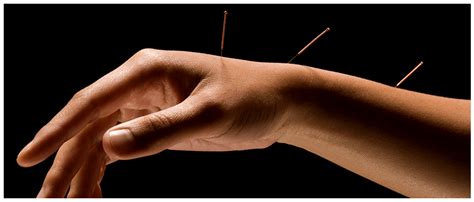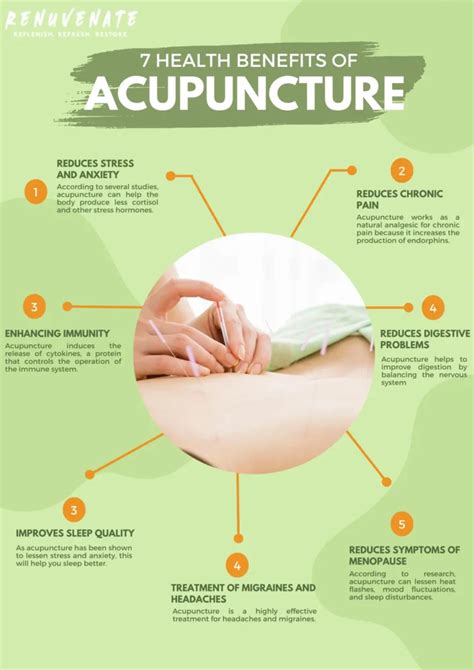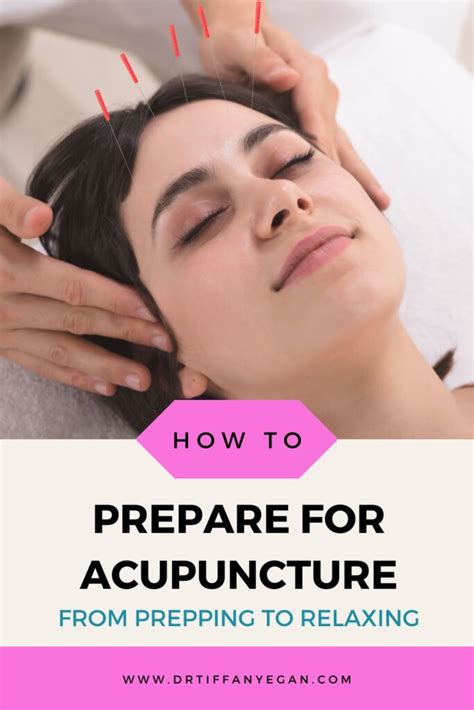Intro
Discover the truth about acupuncture pain. Learn if acupuncture hurts, its benefits, and techniques to minimize discomfort, including needle insertion and traditional Chinese medicine methods.
The concept of acupuncture has been around for centuries, originating in ancient China as a form of traditional medicine. It involves the insertion of thin needles into specific points on the body to stimulate the body's natural healing processes and promote balance. Despite its long history and increasing popularity worldwide, many people are still hesitant to try acupuncture due to concerns about pain. The question of whether acupuncture hurts is a common one, and it's essential to address this concern to help individuals make informed decisions about their health.
Acupuncture is based on the principle that the body has a vital energy, known as "qi," which flows through meridians or pathways. When the flow of qi is disrupted, it can lead to various health problems. By inserting needles into specific points along these meridians, acupuncture aims to restore the balance of qi and promote healing. The practice has been used to treat a wide range of conditions, from chronic pain and migraines to digestive issues and stress-related disorders.
The fear of pain is a natural response, especially when it comes to the idea of being punctured with needles. However, the reality is that acupuncture is generally a painless procedure. The needles used in acupuncture are extremely thin, measuring about 0.25 millimeters in diameter, which is much smaller than the needles used for injections or blood draws. Most people find the sensation of the needle insertion to be mild and brief, often describing it as a slight pinch or a feeling of warmth.
Understanding the Acupuncture Process

To better understand whether acupuncture hurts, it's helpful to know what to expect during a typical acupuncture session. The process begins with an initial consultation, where the practitioner will discuss your health concerns, medical history, and lifestyle. This information helps the practitioner to determine the best course of treatment and identify the specific points to target. The actual insertion of the needles is usually quick and gentle, with the practitioner using a guide tube to help place the needle at the correct depth and angle.
What to Expect During an Acupuncture Session
The sensation of the needles can vary from person to person, but most people report feeling a mild sensation, such as a tingling or a feeling of warmth, as the needle is inserted. This sensation is usually temporary and subsides within a few seconds. Once the needles are in place, you may feel a gentle humming or buzzing sensation, which is a sign that the qi is flowing and the treatment is working.The Science Behind Acupuncture

Research has shown that acupuncture can stimulate the release of various neurotransmitters and hormones, which can help to reduce pain and promote healing. The exact mechanisms of acupuncture are still not fully understood, but studies have identified several key factors that contribute to its effects. These include the stimulation of nerve endings, the release of pain-relieving chemicals, and the modulation of the body's stress response.
Key Factors Contributing to Acupuncture's Effects
Some of the key factors that contribute to the effects of acupuncture include: * Stimulation of nerve endings: Acupuncture can stimulate the nerve endings in the skin, which can send signals to the brain and spinal cord, leading to the release of pain-relieving chemicals. * Release of pain-relieving chemicals: Acupuncture can stimulate the release of chemicals such as endorphins, dopamine, and serotonin, which can help to reduce pain and promote feelings of relaxation and well-being. * Modulation of the stress response: Acupuncture can help to modulate the body's stress response, which can reduce inflammation and promote healing.Benefits of Acupuncture

The benefits of acupuncture are numerous and well-documented. Some of the most significant advantages of acupuncture include:
- Pain relief: Acupuncture is often used to treat chronic pain, migraines, and other types of pain.
- Stress relief: Acupuncture can help to reduce stress and promote feelings of relaxation and well-being.
- Improved sleep: Acupuncture can help to improve sleep quality and duration.
- Digestive health: Acupuncture can help to regulate digestion and relieve symptoms of irritable bowel syndrome (IBS).
Common Conditions Treated with Acupuncture
Acupuncture is used to treat a wide range of conditions, including: * Chronic pain * Migraines and headaches * Digestive issues * Stress and anxiety * Insomnia and sleep disorders * Women's health issues, such as menstrual cramps and infertilityPreparing for an Acupuncture Session

To get the most out of an acupuncture session, it's essential to prepare properly. This includes:
- Arriving early to fill out any necessary paperwork
- Wearing loose, comfortable clothing
- Avoiding heavy meals or caffeine before the session
- Being open and honest with the practitioner about your health concerns and medical history
Tips for a Successful Acupuncture Session
Some additional tips for a successful acupuncture session include: * Relaxing and taking deep breaths during the session * Avoiding distractions, such as using your phone or talking to others * Being patient and allowing the treatment to take effect * Following any after-care instructions provided by the practitionerConclusion and Next Steps

In conclusion, acupuncture is a safe and effective treatment option for a wide range of health conditions. While the idea of being punctured with needles may seem intimidating, the reality is that acupuncture is generally a painless procedure. By understanding the acupuncture process, the science behind it, and the benefits it offers, individuals can make informed decisions about their health and take the first step towards achieving balance and wellness.
We invite you to share your thoughts and experiences with acupuncture in the comments below. Have you tried acupuncture before? What were your results? Do you have any questions or concerns about the process? Let's start a conversation and explore the many benefits of acupuncture together.
What is acupuncture used for?
+Acupuncture is used to treat a wide range of health conditions, including chronic pain, migraines, digestive issues, stress and anxiety, and women's health issues.
Does acupuncture hurt?
+Acupuncture is generally a painless procedure, with most people reporting a mild sensation or feeling of warmth as the needles are inserted.
How many sessions of acupuncture do I need?
+The number of sessions needed can vary depending on the individual and the condition being treated. Some people may experience relief after just one session, while others may require multiple sessions to achieve optimal results.
Can I use acupuncture in conjunction with other treatments?
+Yes, acupuncture can be used in conjunction with other treatments, such as medication, physical therapy, or counseling. In fact, many people find that acupuncture enhances the effects of other treatments and helps to promote overall wellness.
How do I find a qualified acupuncturist?
+To find a qualified acupuncturist, look for someone who is licensed and certified in acupuncture, has experience treating your specific condition, and uses sterile needles and proper sanitation techniques.
